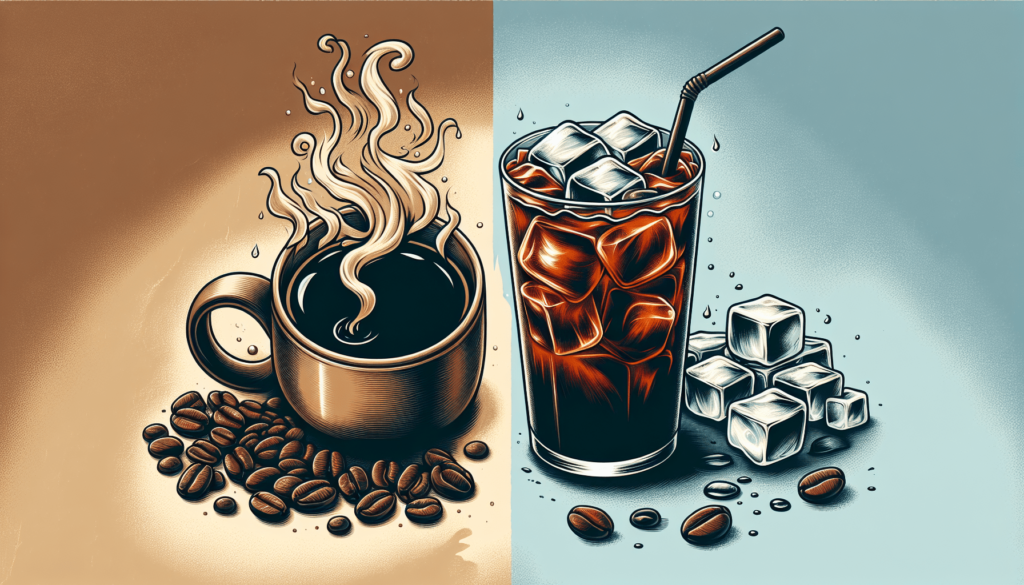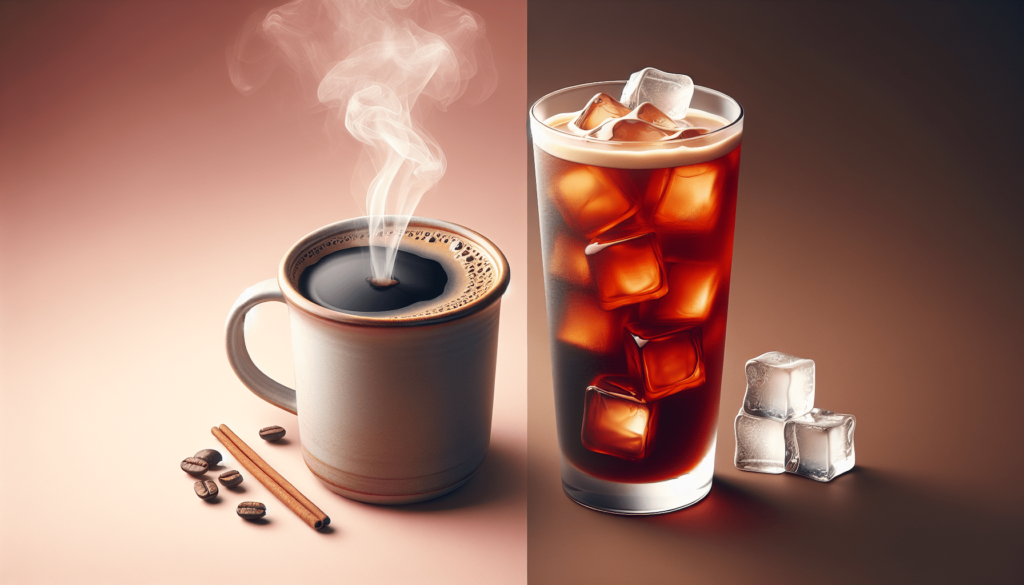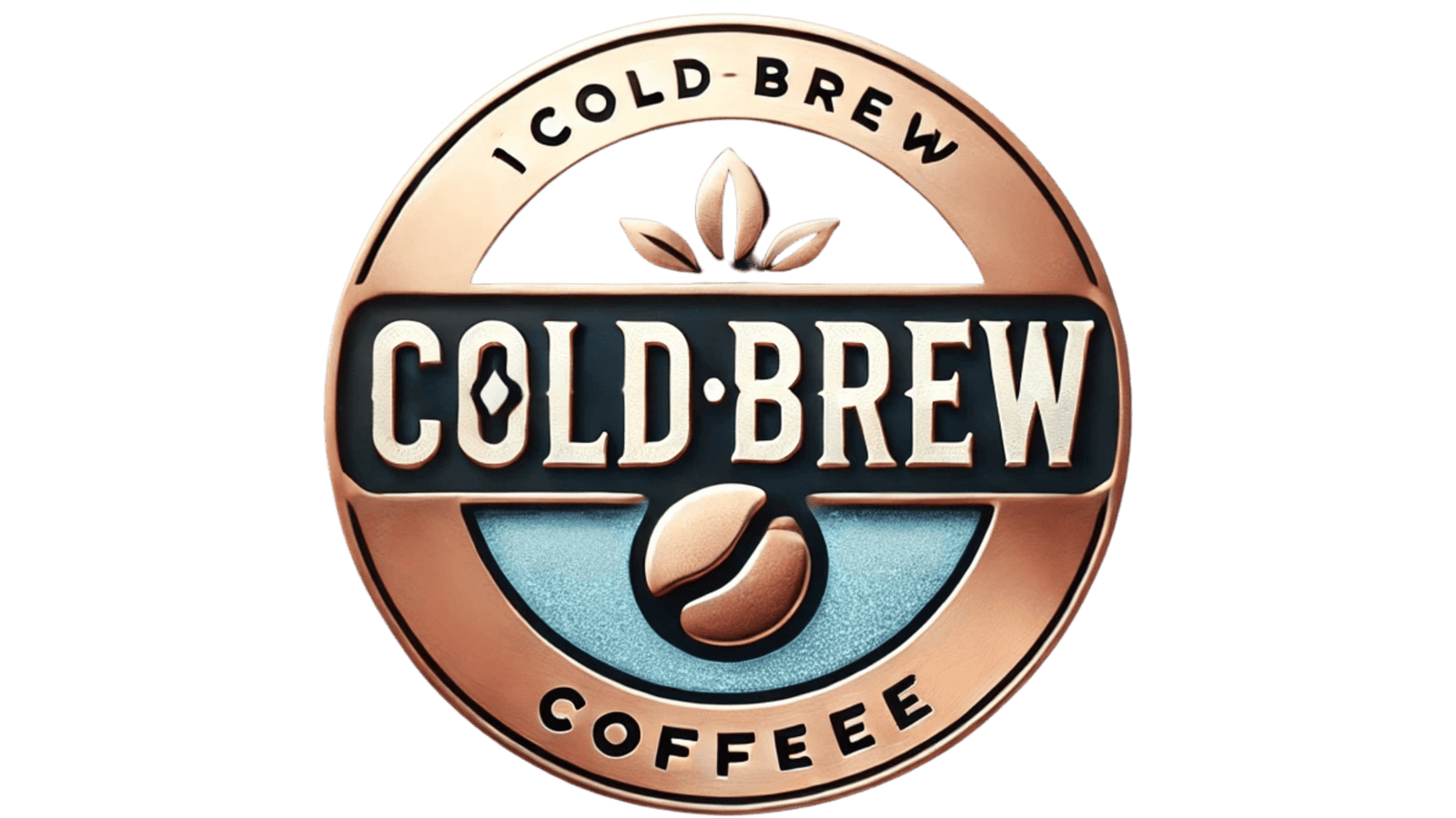What Has More Caffeine, Hot Coffee Or Cold Brew?
What has more caffeine, hot coffee or cold brew?
Introduction
If you are a caffeine lover, you may have wondered which type of coffee packs more of a punch when it comes to a caffeine boost. Hot coffee and cold brew are both popular choices for coffee enthusiasts, each offering a unique experience in terms of flavor and preparation. In this article, we will delve into the caffeine content of hot coffee versus cold brew to help you make an informed choice the next time you reach for a cup of joe.
Hot Coffee: A Classic Choice
Hot coffee is a classic choice for many coffee lovers. Whether you prefer a dark roast or a light roast, a cappuccino or a flat white, hot coffee offers a comforting and familiar experience. Brewed using hot water and a variety of brewing methods such as French press, drip coffee maker, or espresso machine, hot coffee is a staple in coffee culture around the world.
Cold Brew: A Refreshing Alternative
On the other hand, cold brew has gained popularity in recent years as a refreshing alternative to hot coffee. Made by steeping coffee grounds in cold water for an extended period, typically 12-24 hours, cold brew has a smooth and mellow flavor profile that sets it apart from traditional hot coffee. It is often served over ice and can be enjoyed black or with milk and sweeteners.
Caffeine Content: Hot Coffee vs. Cold Brew
Now, let’s get down to the nitty-gritty: which type of coffee has more caffeine, hot coffee, or cold brew? The caffeine content of your cup of coffee can vary depending on a variety of factors, including the type of coffee beans used, the brewing method, and the concentration of the final beverage.
Hot Coffee
When it comes to hot coffee, the brewing process typically involves extracting caffeine from coffee grounds using hot water. The caffeine content in a cup of hot coffee can vary depending on the type of beans used (robusta beans tend to have higher caffeine content than arabica beans), the roast level (dark roast usually has less caffeine than light roast), and the brewing time and temperature. On average, an 8 oz cup of hot coffee can contain anywhere from 80-100mg of caffeine, but this can vary widely.
Cold Brew
Cold brew, on the other hand, is made by steeping coffee grounds in cold water over an extended period, resulting in a coffee concentrate that is then diluted with water or milk before serving. Due to the longer extraction time and lower water temperature, cold brew tends to have a higher caffeine concentration than hot coffee. On average, an 8 oz cup of cold brew can contain anywhere from 100-200mg of caffeine, making it a potent choice for those looking for a stronger caffeine kick.
Which Has More Caffeine?
So, which type of coffee has more caffeine, hot coffee, or cold brew? While cold brew typically has a higher caffeine concentration per ounce compared to hot coffee, the final caffeine content in your cup of coffee will ultimately depend on factors such as the brewing method, coffee-to-water ratio, and serving size. If you are looking for a stronger caffeine boost, cold brew may be the way to go, but keep in mind that the actual caffeine content can vary.

Effects of Caffeine
Caffeine is a stimulant that can have both positive and negative effects on your body and mind. Understanding how caffeine affects you can help you make better choices when it comes to your coffee consumption.
Positive Effects
Caffeine can have several positive effects on your body, including increased alertness, improved focus, and enhanced mood. Many people rely on caffeine to kickstart their day or help them stay awake and alert during long hours of work or study. Caffeine can also boost your metabolism and provide a temporary energy boost, making it a popular choice for athletes and fitness enthusiasts.
Negative Effects
However, too much caffeine can lead to negative effects such as jitteriness, anxiety, insomnia, and increased heart rate. Some people may be more sensitive to caffeine than others, experiencing side effects even with small amounts of coffee. It’s important to listen to your body and monitor your caffeine intake to avoid overconsumption and its associated risks.
Making an Informed Choice
When it comes to choosing between hot coffee and cold brew based on their caffeine content, it ultimately comes down to personal preference. If you enjoy the rich and aromatic flavors of hot coffee and prefer a comforting cup of joe, stick with your favorite brew. On the other hand, if you crave a bold and potent caffeine kick with a smooth and refreshing taste, give cold brew a try.
Moderation is Key
Regardless of whether you prefer hot coffee or cold brew, it’s important to consume caffeine in moderation and be mindful of your overall caffeine intake throughout the day. Keep in mind that caffeine content can vary widely depending on factors such as brewing method, coffee-to-water ratio, and serving size, so pay attention to how your body responds to different types of coffee.

Conclusion
In conclusion, the age-old question of which has more caffeine, hot coffee, or cold brew, doesn’t have a one-size-fits-all answer. Both hot coffee and cold brew have their unique qualities and caffeine content that can vary depending on a variety of factors. Whether you choose hot coffee for its comforting flavors or cold brew for its bold caffeine kick, the most important thing is to enjoy your cup of coffee in moderation and listen to your body’s needs. So, the next time you’re faced with the choice between hot coffee and cold brew, go with what feels right for you and savor every sip.

